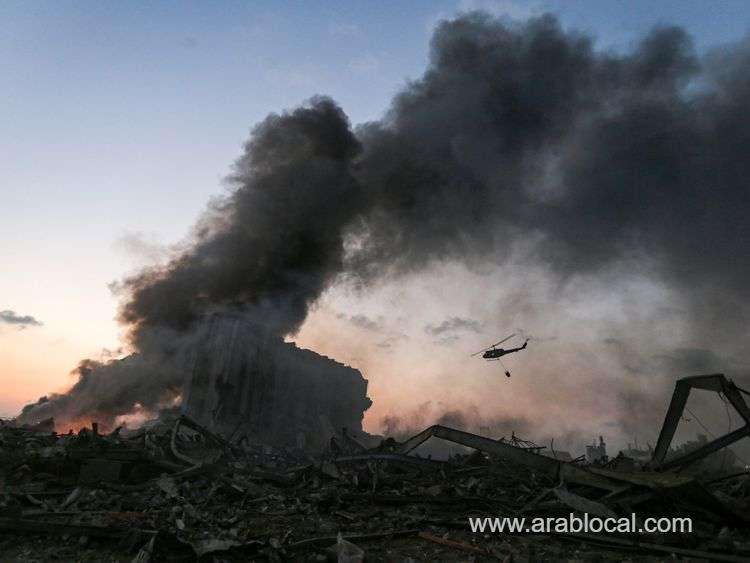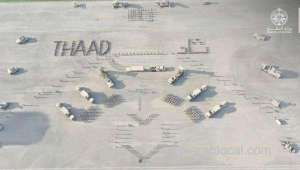Egypt and Iraq have started disposing of abandoned and dangerous materials at ports after the massive explosion in Beirut’s port this month, officials said.
“What happened in Beirut made us examine our own situation and we actually got rid of large quantities of abandoned and neglected and dangerous materials that were in the ports,” Egypt’s Finance Minister, Mohamed Mait told parliament.
“There are materials that have been delivered to multiple ministries including oil and defense and interior, and by next December Egyptian ports will be completely cleaned.”
New customs procedures would also improve controls at ports, Mait said.
A few days after the Beirut explosion, Egypt’s civil aviation ministry said it had ordered a review of materials at airports and the transfer of any hazardous goods to safe storage.
The August 4 blast in Beirut, caused by the detonation of more than 2,000 tonnes of ammonium nitrate stored at its port, killed more than 170 people and wreaked destruction over swathes of the Lebanese capital.
Iraq has also said it will create an inventory of all “hazardous materials” at its ports and airports as a precautionary measure.
The head of Iraq’s Border Ports Authority, Omar Adnan Al Waeli, was quoted by local media as saying that he had received approval from Prime Minister Mustafa Al Kadhimi “to form an urgent committee to clear out all the country’s ports from hazardous inventory that have been accumulated at the border ports.”
Al Waeli added that the objective was to “avoid any repetition of what happened in Lebanon in Iraq,” pointing out that he was tasked to complete the work “in 72 hours”.










